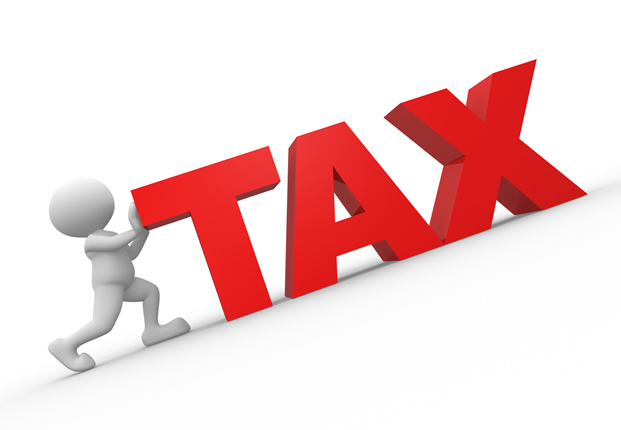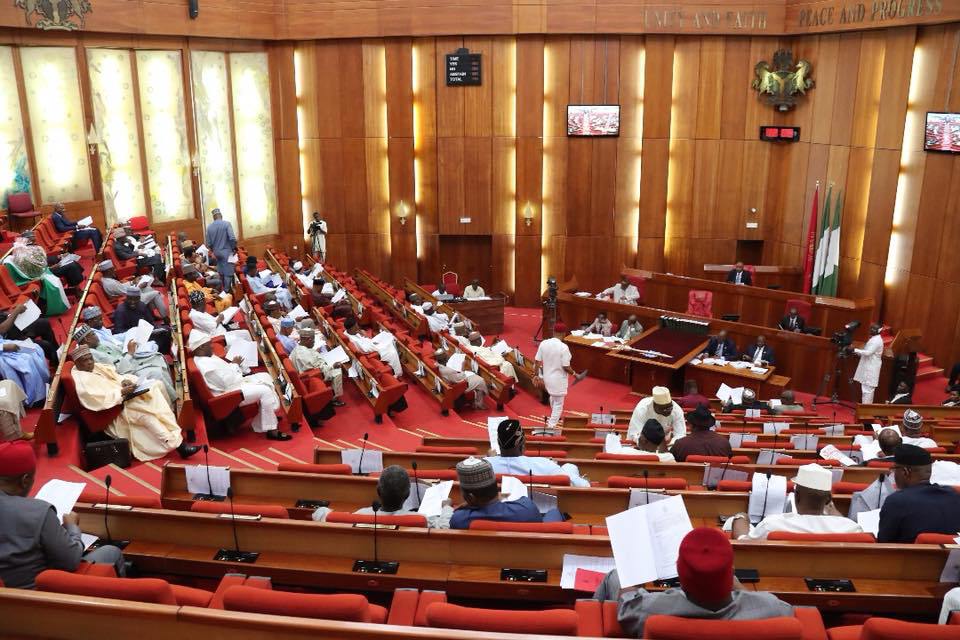Nigeria Introduces 50% Tax Relief for Companies Supporting Low-Income Workers: New Bill Aims to Reform Tax System
In a landmark move to reform Nigeria’s tax system and bolster support for low-income workers, the Federal Government has proposed a legislative bill that will grant companies a 50% tax relief if they increase wages or provide transportation allowances to workers earning N100,000 or less per month. This tax incentive, part of the broader “Nigeria Tax Act,” is designed to encourage businesses to improve employee welfare while creating new jobs in the process.
The bill, officially titled “A Bill for an Act to Repeal Certain Acts on Taxation and Consolidate the Legal Frameworks relating to Taxation and Enact the Nigeria Tax Act to Provide for Taxation of Income, Transactions, and Instruments, and Related Matters,” was submitted to the National Assembly on October 4, 2024. A review of the document indicates that it introduces income tax exemptions specifically designed to incentivize companies to boost wages and expand their workforce.
Under the proposed bill, companies will be eligible for a 50% additional deduction in their tax assessments for expenses incurred during the 2023 and 2024 calendar years, specifically targeting wage increases and transportation subsidies granted to workers earning up to N100,000 per month. The provision aims to help low-income employees with rising living costs, ensuring their wages align more closely with economic demands.
The bill clarifies that only expenses directed towards low-income employees qualify for the tax deduction. If a company grants additional pay raises to employees with monthly earnings exceeding N100,000, those expenditures will not be eligible for this 50% deduction. This stipulation highlights the government’s focus on benefiting workers at the lower end of the income spectrum, ensuring that the tax relief supports those most in need of financial assistance.

Another crucial component of the proposed law is aimed at companies that expand their workforce between 2023 and 2024. Firms that achieve a net increase in employee numbers over these two years will be eligible for the tax deduction, provided the new hires remain employed for at least three years. This requirement discourages temporary or involuntary layoffs, aligning with the bill’s objective of fostering long-term employment stability.
READ ALSO: Middle East: Israel Strikes Iranian Military Targets Amid Escalating Regional Tensions
According to the bill, “A company shall be entitled to an additional deduction of 50 per cent in the relevant years of assessment in respect of costs incurred in 2023 and 2024 calendar years on the following: (a) wage awards, salary increases, transportation allowance, or transport subsidy granted to a low-income worker, which brings the gross monthly remuneration of the worker up to an amount not exceeding N100,000.” The bill further adds that this deduction applies only if additional salary increases do not benefit employees with earnings above the stated threshold.
This incentive comes as a strategic move to address unemployment and underemployment issues in Nigeria, creating an economic environment that encourages companies to retain employees and invest in new hires.
In addition to tax relief for employee wages, the Federal Government is introducing the Economic Development Incentive Certificate, which provides additional tax benefits for companies investing in capital projects.
To qualify, firms must submit applications through the Nigerian Investment Promotion Commission (NIPC), accompanied by a non-refundable application fee equal to 0.1% of the capital expenditure, capped at a maximum of N5 million.
Once received, the NIPC will review the application and submit a recommendation to the Minister of Finance. If approved by the Minister, the application is then sent to the President for final endorsement, after which the company may receive the Economic Development Incentive Certificate.
The proposed Nigeria Tax Act reflects the government’s commitment to fostering economic growth by reshaping tax policies that support both worker welfare and job creation. The introduction of wage-based tax incentives not only aims to address rising inflation and income disparity but also encourages a structured approach to workforce expansion, providing long-term benefits for employees and employers alike.
Moreover, the Economic Development Incentive Certificate signals a clear intention to attract more capital investment into Nigeria. By providing tax benefits for companies engaging in significant capital projects, the government aims to stimulate infrastructural and industrial growth, which could have a ripple effect across various sectors of the economy, leading to job creation, technology transfer, and an improved business climate.

As Nigeria faces ongoing economic challenges, this legislative approach underscores a strategic shift towards inclusive growth, where the government encourages companies to act as partners in nation-building.
By offering substantial tax reliefs and incentives, Nigeria seeks to build a more resilient economy that is responsive to the needs of low-income workers while fostering an environment conducive to long-term investment and employment stability.
The bill now awaits further debate and approval from the National Assembly. If enacted, the proposed tax incentives could mark a transformative step toward economic development and social progress, aligning Nigeria’s tax policy with the broader goal of creating an equitable and sustainable future.

